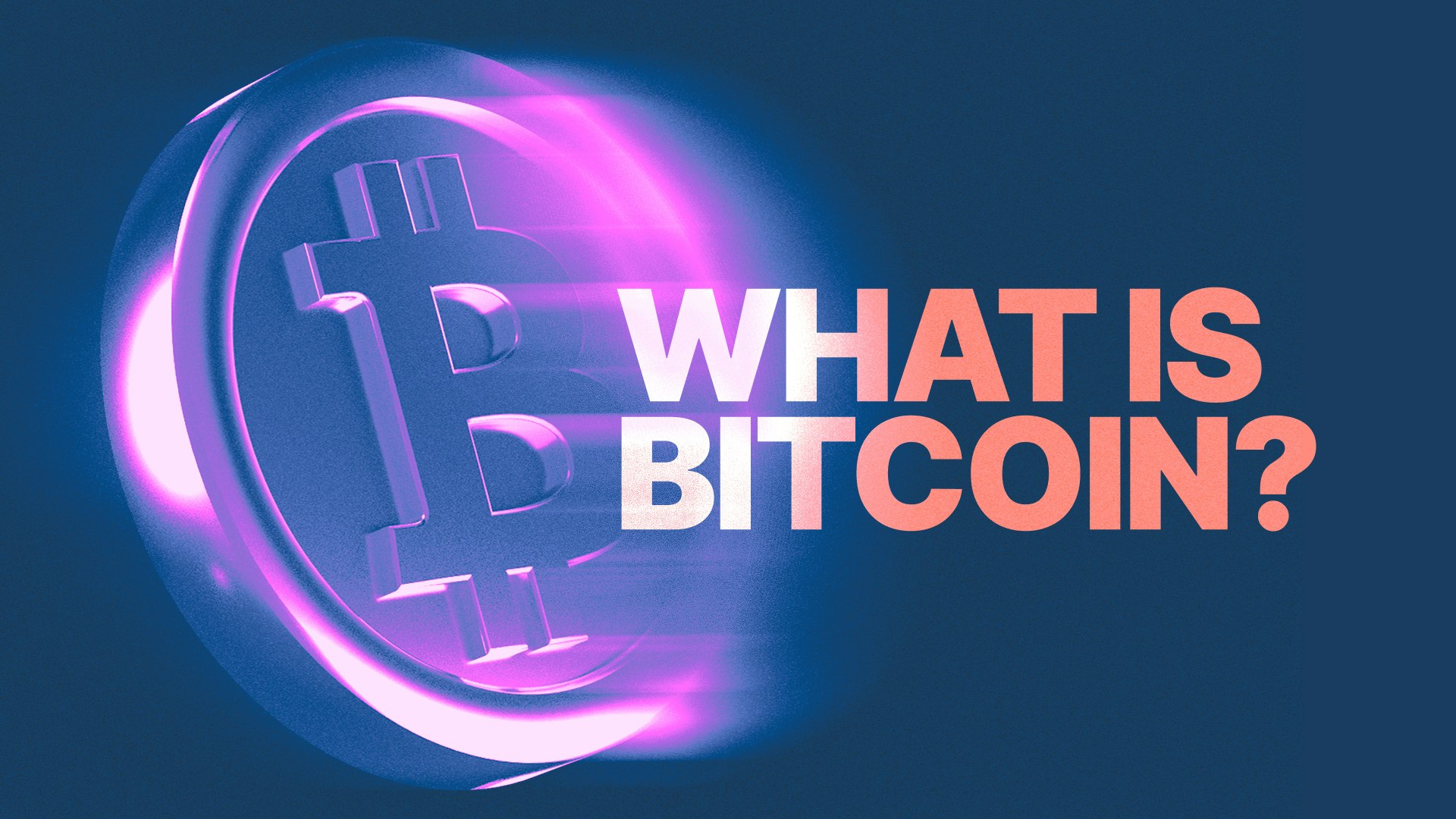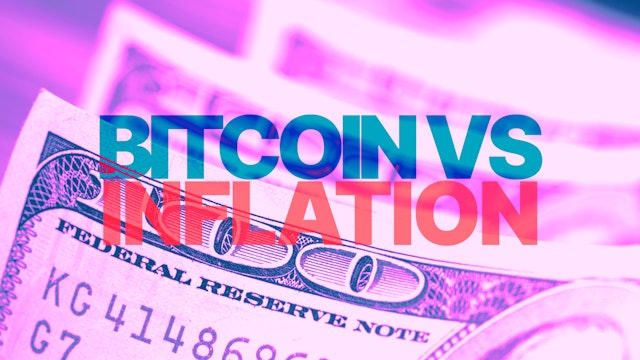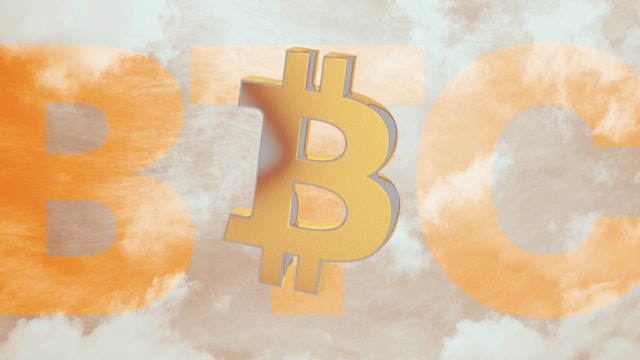Bitcoin for Beginners: A Complete Guide to the World’s First Cryptocurrency
Unpacking the history, technology, and mechanics behind the digital asset that helped spark a new kind of money.
In this article...
- Bitcoin is a decentralized digital currency that lets people send value directly to each other without banks or payment companies.
- The network is secured by a public, permanent ledger called a blockchain, which helps prevent fraud and double-spending.
- New coins are created through mining, and the total supply is capped at 21 million BTC.

What is Bitcoin?
You have probably heard the word “Bitcoin” on the news, at work, or from a friend who “got in early.”
But what actually is it? Is it just magic internet money? Is it digital gold? Or something else entirely?
Those questions are common. Digital currencies sound complex at first, but the basic ideas behind Bitcoin are straightforward once you strip away the jargon.
This guide walks through what Bitcoin is, how it works, and why people care about it.
What is Bitcoin?
Bitcoin (BTC) is the first cryptocurrency. It was introduced in 2008 in a whitepaper published by an unknown person or group using the name Satoshi Nakamoto. The Bitcoin network went live in January 2009 with the mining of the very first block, known as the “Genesis Block.”
The goal was simple but bold: create an electronic cash system that runs on math and cryptography instead of trust in banks, card networks, or governments.
Traditional money is issued and managed by central banks, then supported by commercial banks and payment companies. Bitcoin is different. It is a “permissionless” system, which means anyone with an internet connection can use it.
You do not need a bank account, a credit check, or approval from a financial institution to join the network.
The peer-to-peer difference
Bitcoin works as a peer-to-peer (P2P) currency. People can send BTC directly to each other, similar to handing someone cash, but in digital form. No bank, card network, or payment processor needs to sit in the middle.
Satoshi Nakamoto’s big breakthrough was solving the “double-spending” problem. Digital files like photos and songs are easy to copy. Money cannot behave that way. If you send someone a digital dollar, you should not be able to keep a copy and spend it again.
Bitcoin solves this problem without using a central database or a single company’s server. Instead, it uses a shared record called the blockchain.
How does Bitcoin work?
To understand Bitcoin, it helps to understand the blockchain that powers it.
The shared spreadsheet analogy
You can think of a blockchain as a shared online spreadsheet that anyone can view. No one can secretly edit past entries or delete what has already been written.
This digital ledger stores every Bitcoin transaction that has ever taken place.
- Blocks: New transactions are grouped together into a “block.”
- Chaining: Each block is linked to the previous block using cryptography, which forms a permanent chain of blocks.
- Transparency: The ledger is public. Anyone can look up and verify a transaction, although users are identified only by addresses (strings of letters and numbers), not their real names.
The “Layer 1” foundation
In technical terms, Bitcoin is a “Layer 1” or base layer network. It is the main record of who owns what.
Some newer chains try to maximize speed or add lots of features. Bitcoin focuses on security and decentralization.
Once a transaction has enough confirmations on the Bitcoin blockchain, it becomes extremely difficult and very expensive to reverse.
Where does Bitcoin come from?
Government money, also called fiat currency, can be printed or created by central banks at will. Bitcoin does not work that way.
New BTC enters circulation through a fixed process called mining.
Bitcoin mining
Mining is how the Bitcoin network stays secure and how new coins are created. Specialized computers all over the world compete to solve complex math problems.
Miners gather unconfirmed transactions from the network and bundle them into a block. Then they race to solve a cryptographic puzzle linked to that block.
The first miner to solve the puzzle earns the right to add the block to the blockchain. For this work, they receive newly created Bitcoin plus transaction fees.
This system is called Proof of Work. It makes the network hard to attack because a hacker would need to control an enormous amount of computing power and electricity, which would be extremely costly.
The 21 million supply cap
Bitcoin has built-in scarcity. The code limits the total number of coins that can ever exist to 21 million BTC.
This rule is hardcoded in the software. Changing it would require almost complete agreement from everyone running the network, which is very unlikely.
The pace of new Bitcoin creation also slows over time. Roughly every four years, an event called the “halving” cuts the mining reward in half. Miners earn fewer new coins for the same amount of work.
This means the new supply entering the market falls over time, even if demand rises.
Real-life examples: How it works in practice
Bitcoin is “fungible.” One BTC is worth the same as another BTC, just like one ounce of gold is worth the same as any other ounce of gold of the same purity.
This makes it flexible to use in the real world.
As a medium of exchange
You can use BTC to pay for goods and services where it is accepted. Because it is digital, it can move across borders quickly.
Scenario: You live in the United States and want to send money to a family member overseas. A bank wire might take several days, and fees can be high. With Bitcoin, you can send value directly from your wallet to theirs, day or night, including weekends and holidays. Depending on network congestion, that transfer could cost less and settle faster than a traditional international wire.
As a store of value
Many people call Bitcoin “digital gold.”
Since its total supply is fixed and not controlled by any central authority, some investors use BTC as a hedge against inflation or currency debasement. They buy and hold for years, hoping Bitcoin will hold or increase its purchasing power over time better than some fiat currencies, which can lose value as more units are created.
Of course, past performance is no guarantee of future results, and prices can move sharply in both directions.
Divisibility (The Satoshi)
A common myth is that you must buy a whole Bitcoin, which, at times, can cost tens of thousands of dollars. That is not true.
Each BTC can be divided into 100 million smaller units called “Satoshis” or “Sats.”
This means you can buy a fraction of a Bitcoin, such as $50 or $100 worth, and still own a piece of it. Your balance will simply show as part of a BTC, or in sats, depending on your wallet settings.
Bitcoin vs. traditional money
It is easier to understand Bitcoin when you compare it to the money sitting in your checking account.
- Authority: Fiat currency is controlled and issued by central banks and regulated by governments. Bitcoin is maintained by a decentralized network of computers running open-source code.
- Access: To open a bank account, you usually need identification, paperwork, and approval. A Bitcoin wallet can be created by anyone with a smartphone or computer in a matter of seconds.
- Supply: Governments can increase the money supply to manage their economies or respond to crises. Bitcoin has a hard cap of 21 million coins, which prevents new supply from being created beyond that limit.
- Physicality: Fiat currency can take the form of cash (notes and coins) or digital balances at banks. Bitcoin exists only in digital form on the blockchain. There are no physical bitcoins.
Risks and security red flags
Bitcoin gives you strong control over your money. The flip side is that you also take on more responsibility. There is no bank manager or support hotline that can fix mistakes on the blockchain.
Key risks to know
- Volatility: Bitcoin’s price can move up or down sharply, sometimes within hours. It is a highly volatile asset. Never invest more than you can afford to lose, and think carefully about your risk tolerance and time horizon.
- Irreversible transactions: Once you send BTC and the transaction is confirmed, you cannot reverse it like a typical card chargeback. If you enter the wrong address or send funds to a scammer, the BTC is likely gone for good.
- Private key management: Your Bitcoin is controlled through a “private key,” which works like a master password. If you lose the private key and do not have a backup, you lose access to your funds. If someone else gets your key, they can spend your BTC.
- Scams: Crypto scams are common. Be cautious of anyone offering “guaranteed” profits, asking you to send crypto to “unlock” an account, or requesting your private keys or seed phrase. A legitimate exchange or wallet will never ask for your private keys.
The future of Bitcoin
Since 2009, Bitcoin has grown from a small open-source project into a global digital asset held by individuals, public companies, and investment funds.
As the network matures, developers are building new tools around it. Layer 2 solutions such as the Lightning Network aim to make Bitcoin payments faster and cheaper, especially for small, everyday transactions. This could help Bitcoin handle more activity, similar to how payment networks like Visa process large numbers of transactions.
At the same time, Bitcoin is slowly becoming more integrated with traditional finance. In the United States, products like spot Bitcoin ETFs (exchange-traded funds) now allow investors to gain exposure to BTC through regular brokerage accounts, without holding the asset directly.
No one can say where the price will go next week, next year, or in ten years. What is clear is that Bitcoin has already changed how people think about money, scarcity, and financial independence.
It remains the foundation of the digital asset market and continues to influence how new forms of value are created and moved across the world.

Suggested Articles

Bitcoin as an Inflation Hedge: What to Consider
Exploring the arguments for and against using the world's largest cryptocurrency to protect purchasing power.Read more
Bitcoin Dominance: Is Alt Season Near? Technical Analysis May Provide Clues
What is Bitcoin Dominance? And how can keeping an eye on it give insight into alt season? Here is the explainer.Read more
Why Should You Buy Bitcoin? Top 10 Reasons To Consider
Why should you buy Bitcoin? Here are some compelling reasons why the crypto bros and the crypto sisters think BTC is a great investment.Read moreBrowse by topic
The above article is not to be read as investment, legal or tax advice and takes no account of particular personal or market circumstances; all readers should seek independent investment, legal and tax advice before investing in cryptocurrencies.
This article is provided for general information and educational purposes only. No responsibility or liability is accepted for any errors of fact or omission expressed therein. CoinJar, Inc. makes no representation or warranty of any kind, express or implied, regarding the accuracy, validity, reliability, availability, or completeness of any such information.
Past performance is not a reliable indicator of future results.
Your information is handled in accordance with CoinJar’s Privacy Policy.
Copyright © 2025 CoinJar, Inc. All rights reserved.
CoinJar, Inc. is a registered Money Services Business with FinCEN and licensed as a money transmitter, NMLS #2492913. For a list of states in which CoinJar, Inc. is licensed or authorized to operate, please visit here. In certain other states, money transmission services are provided by Cross River Bank, Member FDIC.
This site is protected by reCAPTCHA and the Google Privacy Policy and Terms of Service apply.

